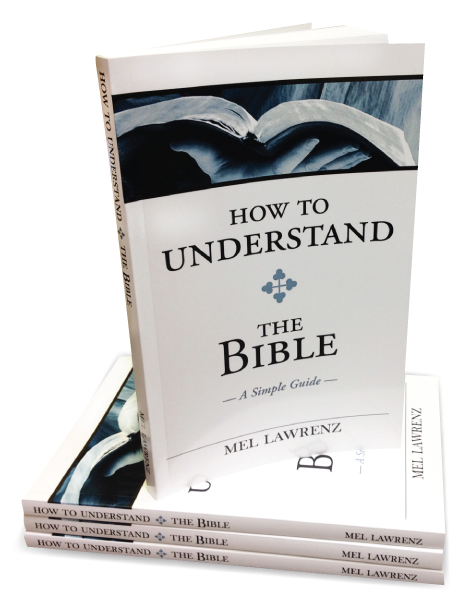Perhaps the most pervasive kind of atheism is what some have called practical atheism, the life stance of many who may say they believe in God, but for all intents and purposes, the reality of God never enters their minds, never influences a decision, never shapes a value, never prompts them to worship. Not atheists formally, they might as well be—there is no conscious thought of God or interaction with God. And one might even wonder if practical atheism is more dangerous than dogmatic atheism. Which is more dangerous: to admit you don’t believe in God, or to say you do and then absolutely ignore Him? Remember that Jesus reserved his strongest words for those who claimed righteousness but who defined it in their own terms.
Psalm 53:1 says, “The fool says in his heart, ‘there is no God.’” This is a picture of practical atheism. This psalm talks about what happens when people just give up seeking God. It says, “God looks down from heaven . . . to see if there are any who understand, any who seek God. Everyone has turned away, they have together become corrupt; there is no one who does good, not even one” (vv. 2-3). In other words, loose yourself from God and you may sense that you are free. But only as free as a ship without anchor, without compass, without a harbor—tossed by the wind and waves with no horizon, no ultimate destination, no precious cargo, no purpose that endures beyond the length of your life.
What do those who believe in God have to say in response to atheism?
First, the cosmos itself is evidence of God. Even non-believing astrophysicists today look at the universe and say that it appears that there is design running through it. Now design implies a designer. “The heavens declare the glory of God; the skies proclaim the work of his hands. Day after day they pour forth speech; night after night they display knowledge. . . . Their voice goes out into all the earth, their words to the ends of the world” as it says in Psalm 19:1-4. The cosmos, in other words, is not “all there is or ever was or ever will be,” as Carl Sagan famously intoned. The cosmos is shouting out the truth that it was created. The heavens display knowledge—knowledge of the one true God.
Second, there is the fact that we want to believe. We have these strong spiritual instincts, which are hard to explain if there is no God. How can we even have a concept of God if there is no God? Even the atheist couldn’t talk about not believing in God if he did not have the ability to think about God—and where might that ability come from?
Third, our moral sensibilities are evidence of God. Virtually every human society has had a sense of “oughtness” in it—that there are some things we ought to do and other things we ought not. Specific laws vary from one group to the next, but this moral instinct is the thing to notice. Where does it come from? Even if you look at the most basic moral standard—something like “You should not steal my car”—there is no reason why we can say that unless there is a Lawgiver above who has imparted the thing we call values, a sense of right and wrong.
Now these are all logical arguments for the existence of God (you can follow other claims for the existence of God, such as the “cosmological argument” in other books), but there is more to go on than that. As Dietrich Bonhoeffer said, “A God who let us prove his existence would be an idol.”
What do we find in the voices of Scripture and, specifically, in the teachings of Jesus? Jesus spent no time arguing for the existence of God. He didn’t need to. But that does not mean that Jesus has nothing to say to modern atheism or secular humanism. There is one statement that Jesus made that is a kind of theistic manifesto. It is an explosion of loud truths that describe a personal and all-powerful God. We know it as the Lord’s Prayer (see Matt. 6:9-13).
[to be continued…]
25% off: TODAY’s Amazon discount for How to Understand the Bible.


Mel,
Thanks for the insights, I have difficulty challenging people I work with when they make comments similar to those in the article. This helps in a very practical way to engage and respond.
Thanks for your wisdom.
paul Hoffmann